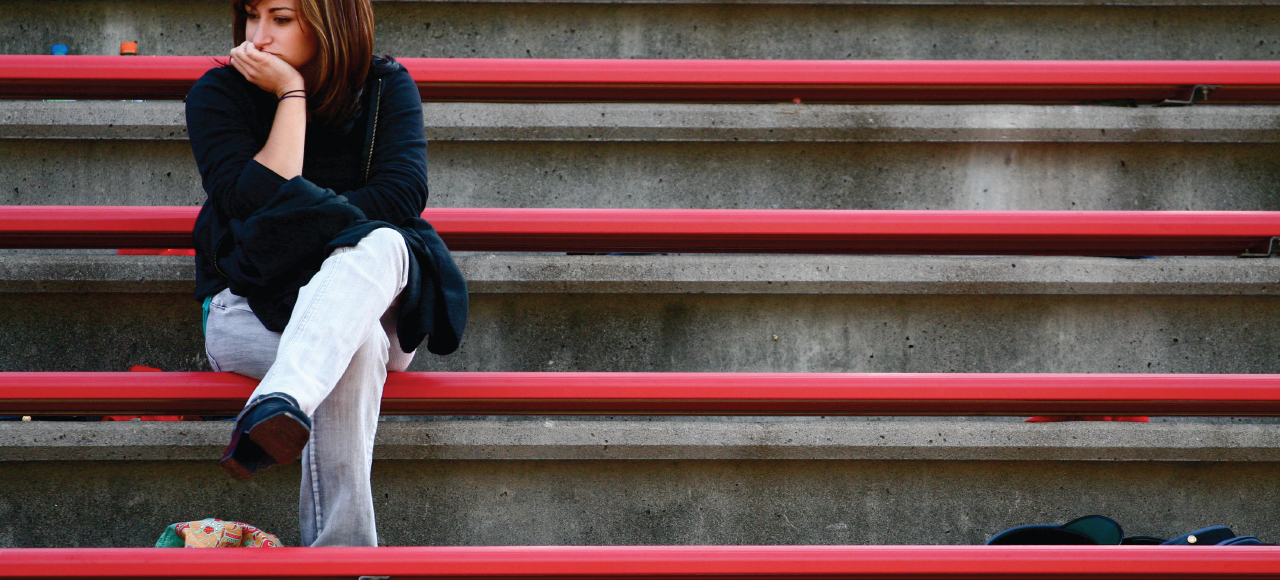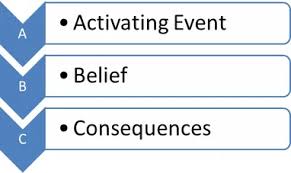One of the folks currently going through the year-long Weighless program recently asked for help with meal-planning. As this seems to be a sticking point for so many of you, I thought it might be helpful to share some of our problem solving here.
“Roger” was getting overwhelmed trying to find recipes that were compatible with weighing less–but also relatively easy to make. He felt like he needed to find 10-20 main dish recipes plus an assortment of vegetable recipes to accompany them but wasn’t sure what to look for or where to look.for them. He was spending a lot of time and getting really frustrated.
But I think we often make “meal-planning” way more complicated than it needs to be. You don’t need to prepare 30 different dinners every month any more than you need to wear 30 different outfits. As with your wardrobe, you can mix and match a handful of well-chosen items into dozens of simple but satisfying combinations. If you get the hankering to dress up or cook a fancy dinner, you can do that. But it’s optional.
As I told Roger, rather than trying to assemble a few dozen recipes, you’ll get more mileage out of mastering a small handful of basic cooking techniques. This will give you far more flexibility and offers plenty of variety–without needing a whole bunch of recipes.
For example, if you know how to roast, saute, and braise, you can make an almost infinite variety of delicious meals from whatever fresh ingredients you have on hand that week. And all three techniques are very simple, involving very few ingredients.
Here’s a typical week of meals at our house.
Monday: Grilled salmon, sauteed spinach with garlic, roasted root vegetables
Tuesday: Red lentil stew with rice
Wednesday: Oven baked pork chops, roasted broccoli and carrots
Thursday: Steamed shrimp, roasted asparagus, roasted acorn squash
Friday: Braised collard greens with black eyed peas, baked sweet potatoes.
Saturday: Pureed butternut squash soup, vegetable frittata with any leftover vegetables from the week.
Sunday: Homemade veggie pizza or socca
I’ve included links to a couple of recipes for you but for the most part, this is recipe-free cooking involving little more than olive oil, garlic, salt, pepper, and herbs. (And not to be immodest, but I don’t get a lot of complaints…).
My point is that meal-planning does not have to be a big complicated affair — or an insurmountable hurdle. It took me less than 10 minutes to come up with that meal plan and it’s based on what I have in my fridge, pantry, and freezer right now. Next week is likely to look very similar, except that all the nouns and adjectives will be in a different order!
Have you been making meal-planning more complicated than it needs to be? Developing a “capsule wardrobe” of basic cooking techniques can make your life (and your quest to weigh less) much simpler.
Let us know how we can help,



